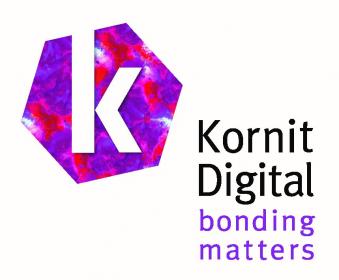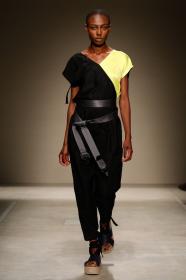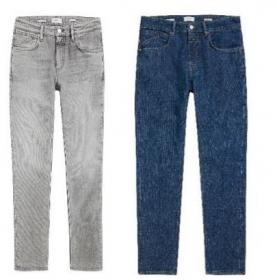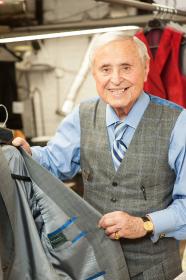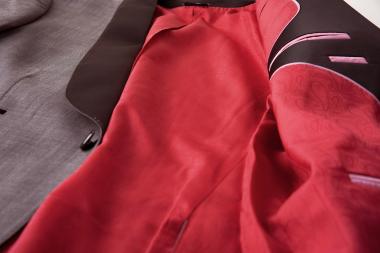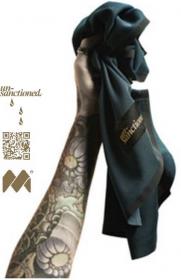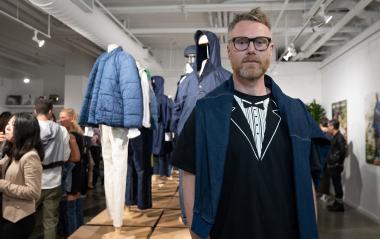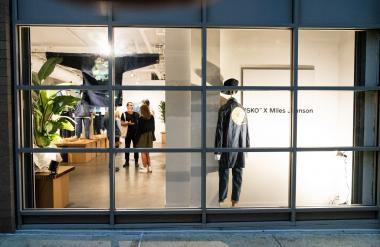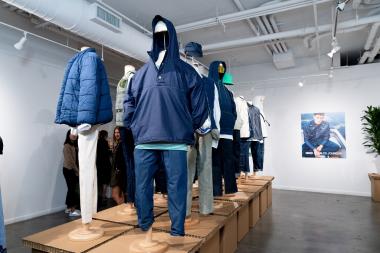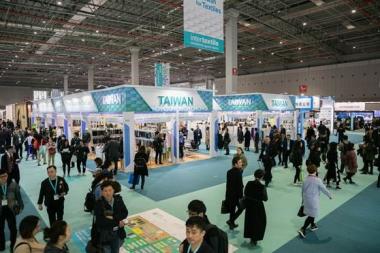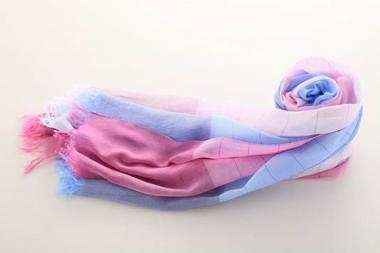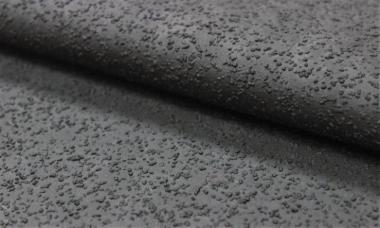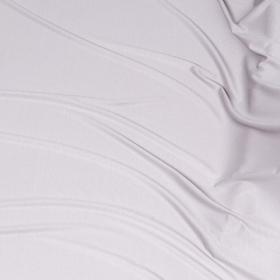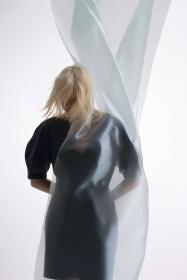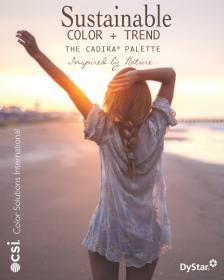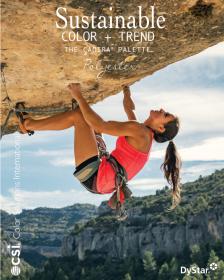RIRI Group - Recycled polyester becomes a production standard
- Recycled polyester becomes a production standard for zips' tapes: a new step in Riri Group’s green path.
- Riri is the first company in the fashion accessories industry to complete its transition towards an exclusive use of recycled polyester for zips’ tapes.
To Riri, being ‘Responsible today for a sustainable tomorrow’ means looking ahead, toward a real effort in bringing sustainability in operational decisions, even if they mean more management issues and lead to changes out of the comfort zone which is the result of years of experiences and processes. Riri Group thus becomes the first manufacturing company in the fashion accessories industry to introduce the use of recycled polyester as production standard for its zip range. This achievement marks another essential one in the sustainability path that the Swiss-Italian Group has walked since the 90s. This change fits perfectly the Group’s green approach which sees innovation for the future as one of the main pillars of the corporate strategy, as well as the commitment to protecting natural resources and to improving the
traceability and transparency of both materials and processes, in a framework that sees to rethink social and economic models. Riri’s slogan “excellence in details” can also be read as “sustainability in details” as it speaks to the company’s will to act putting sustainability first.
By employing recycled polyester as production standard for the zip range, the contribution to sustainability on a quantitative level will be significant:
• The company, in fact, will reduce emissions resulting from polyester purchase by 32%; thus, carbon footprint will be cut down by 3%, for zip production. As a result, 460,000 kg of
CO2 per year is saved, the same as 169 return flights from Geneve to New York.
• All the recycled polyester is GRS (Global Recycled Standard)-certified, highlighting Riri’s constant commitment to choosing suppliers that meet the industry’s international standards.
• The recycled polyester used in tapes for zips is made from recycled polyester fibers, both pre- (20%) and post-consumer (80%).
• An important contribution is made to the goal of increasing the global use of recycled polyester, as stated by Textile Exchange, from 14% to 20% by 2030.
This choice shows once more the ability of the company to develop products that keep in mind the environment whilst preserving functionality, reliability and that visual taste that the world of fashion requires.
Indeed, Riri has introduced its first recycled polyester tape in 2013 and since then has been consistently increasing the use of GRS-certified recycled polyester that comes from recycled materials.
“We are proud of this step and the effect that it has on sustainability and the cultural change through which we approach the development and improvement of our products” states Renato Usoni, Riri Group’s CEO. “Our innovation is the result of a tireless research of low environmental impact materials, an approach that has been the foundation of our identity for many years, but that now is renewed once more to make another step toward the future”.
Menabo Group SRL













